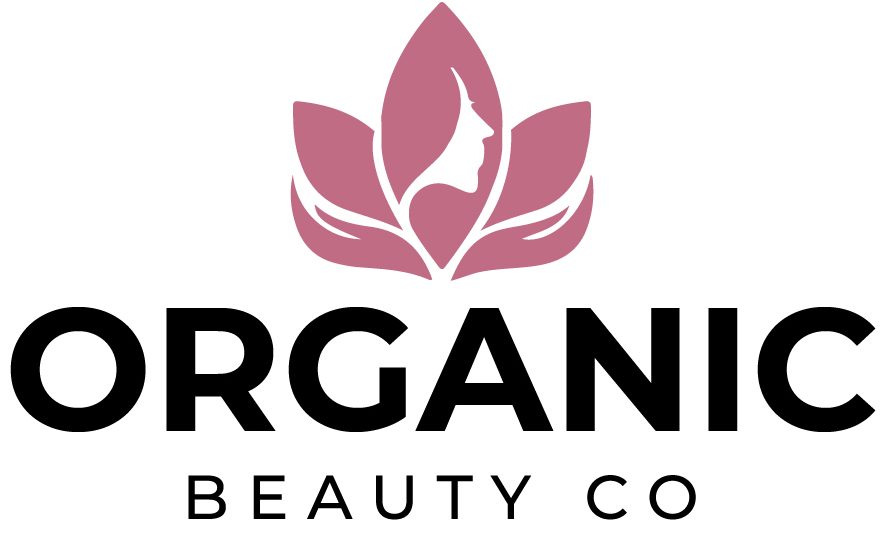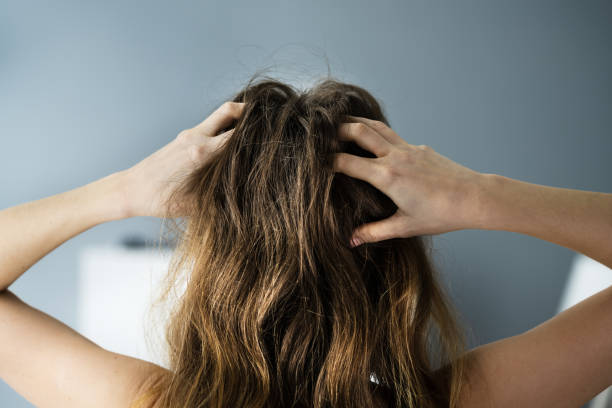An itchy scalp can be a bothersome and uncomfortable issue affecting many individuals. Selecting the right shampoo is a crucial step in addressing and alleviating this concern. In this comprehensive guide, we will explore the factors contributing to an itchy scalp, key ingredients to look for in anti-itch shampoos, popular products on the market, and tips for maintaining a healthy and balanced scalp.
1. Understanding the Causes of Itchy Scalp:
Before delving into anti-itch shampoos, it’s essential to understand the potential causes of an itchy scalp:
Dandruff: A common culprit, dandruff is often associated with an itchy and flaky scalp. It is caused by the overgrowth of a yeast-like fungus called Malassezia.
Dry Scalp: Insufficient moisture on the scalp can lead to dryness, resulting in itchiness. Factors such as harsh weather conditions and improper hair care routines can contribute to dry scalp.
Seborrheic Dermatitis: This is a more severe form of dandruff, characterized by red, inflamed skin and stubborn itching. It may require specialized shampoos containing specific ingredients.
Product Buildup: The accumulation of styling products, oils, and residue on the scalp can lead to irritation and itching.
Allergies or Sensitivities: Individuals may develop allergies or sensitivities to certain hair care products, leading to an itchy scalp.
2. Key Ingredients in Anti-Itch Shampoos:
When selecting a shampoo to alleviate an itchy scalp, certain key ingredients are known for their soothing and balancing properties:
Tea Tree Oil: Renowned for its natural antifungal and antibacterial properties, tea tree oil can effectively address dandruff and itchiness. It also provides a refreshing sensation on the scalp.
Salicylic Acid: This beta-hydroxy acid helps exfoliate the scalp, removing dead skin cells and reducing itching. It is often found in shampoos designed for dandruff relief.
Coal Tar: A longstanding ingredient in anti-dandruff shampoos, coal tar helps slow down the growth of skin cells on the scalp, reducing itchiness and flakiness.
Zinc Pyrithione: Known for its antimicrobial properties, zinc pyrithione helps combat the yeast that can contribute to dandruff and itchy scalp.
Aloe Vera: With its soothing and hydrating properties, aloe vera can provide relief to an irritated scalp. It is especially beneficial for those with dry or sensitive skin.
Peppermint Oil: Apart from its pleasant scent, peppermint oil has a cooling effect on the scalp, providing relief from itching and promoting a refreshed feeling.
3. Popular Anti-Itch Shampoos on the Market:
Head & Shoulders Itchy Scalp Care: This popular shampoo contains active ingredients like pyrithione zinc to address dandruff and itching. It is known for its effectiveness and pleasant fragrance.
Neutrogena T/Gel Therapeutic Shampoo: Formulated with coal tar, this shampoo is designed to treat conditions like dandruff, psoriasis, and seborrheic dermatitis, providing relief from itching.
Selsun Blue Medicated Maximum Strength Dandruff Shampoo: With selenium sulfide as a key ingredient, this medicated shampoo targets dandruff and helps soothe an itchy scalp.
Nizoral A-D Anti-Dandruff Shampoo: Featuring ketoconazole, an antifungal agent, Nizoral is effective against dandruff and provides relief from itching and flaking.
Paul Mitchell Tea Tree Special Shampoo: Infused with tea tree oil, this shampoo offers a refreshing and invigorating experience. It helps cleanse the scalp and alleviate itching.
Aveeno Scalp Soothing Oat Milk Blend Shampoo: Ideal for those with sensitive skin, this shampoo contains colloidal oatmeal to soothe and calm the scalp, providing relief from itchiness.
4. Tips for Maintaining a Healthy Scalp:
In addition to using anti-itch shampoos, incorporating good scalp care practices can contribute to a healthier, itch-free scalp:
Regular Washing: Keeping the scalp clean by washing it regularly can help remove impurities and prevent the buildup of oils and products that may contribute to itching.
Avoiding Hot Water: Washing the hair with excessively hot water can strip the scalp of its natural oils, leading to dryness and itching. Opt for lukewarm water instead.
Gentle Scalp Massage: Massaging the scalp gently while shampooing helps improve blood circulation and promotes a healthier scalp environment.
Choosing the Right Products: Avoiding hair care products with harsh chemicals and potential allergens can minimize the risk of scalp irritation. Opt for products that are gentle and formulated for sensitive scalps.
Regular Haircuts: Trimming the hair regularly helps prevent split ends and reduces the risk of tangles, promoting overall scalp health.
Protecting from the Sun: Just like the skin on the rest of the body, the scalp can be sensitive to the sun. Wearing a hat or using hair products with UV protection can shield the scalp from harmful rays.
5. Seeking Professional Advice:
If an itchy scalp persists despite using over-the-counter anti-itch shampoos and adopting good scalp care practices, it’s advisable to seek professional advice. Dermatologists can assess the specific condition of the scalp and recommend targeted treatments or prescription-strength products if necessary.
6. Conclusion:
Choosing the right shampoo for an itchy scalp involves understanding the underlying causes and selecting products with key ingredients known for their soothing and balancing properties. With the array of anti-itch shampoos available on the market, individuals can find effective solutions to address their specific scalp concerns. By combining the use of these shampoos with proper scalp care practices, individuals can achieve a healthier, itch-free scalp and enjoy the confidence that

